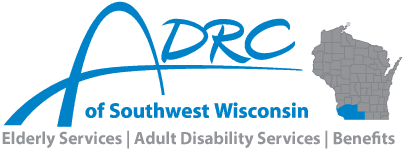Emergency Preparedness, Are You Ready?
With severe weather season fast approaching, it is important to be prepared. Each person’s needs and abilities are unique, but every individual can take important steps to prepare for all kinds of emergencies and put plans in place. By evaluating your own personal needs and making an emergency plan, you can be better prepared for any situation. A commitment to planning today will help you prepare for any emergency situation. Preparing makes sense. Get ready now.
Consider how a disaster might effect your individual needs.
Plan to make it on your own, at least for a period of time. It’s possible that you will not have access to a medical facility or even a drugstore.
Identify what kind of resources you use on a daily bases and what you might do if they are limited or not available.
Get an emergency supply kit.
Plan in advance for shelter alternatives that will work for you; consider loved ones or friends outside of your immediate area who would be willing to host you in an emergency.
Medications and Medical Supplies
If you take medicine or use a medical treatment on a daily basis, be sure you have what you need to make it on your own for at least a week, maybe longer.
Make a list of over-the-counter and prescription medicines including dosage, treatment and allergy information.
Talk to your pharmacist or doctor about what else you need to prepare.
If you undergo routine treatments administered by a clinic or hospital or if you receive regular services such as home health care, treatment or transportation, talk to your service provider about their emergency plans. Work with them to identify back-up service providers and incorporate them into your personal support network.
Consider other personal needs such as eyeglasses, hearing aids, and hearing aid batteries, wheelchair batteries, and oxygen.
Emergency Documents
Include copies of important documents in your emergency supply kits such as family records, medical records, wills, deeds, social security number, charge and bank accounts information and tax records.
Have copies of your medical insurance and Medicare cards readily available.
Keep a list of the style and serial number of medical devices or other life-sustaining devices. Include operating information and instructions.
Make sure that a friend or family member has copies of these documents.
Include the names and contact information of your support network, as well as your medical providers.
If you have a communication disability, make sure your emergency information notes the best way to communicate with you. Keep these documents in a water proof container for quick and easy access.
For more information contact your counties health department.
Source: readywisconsin.gov

